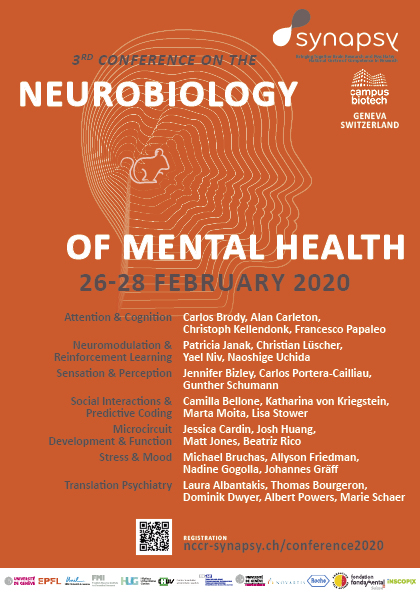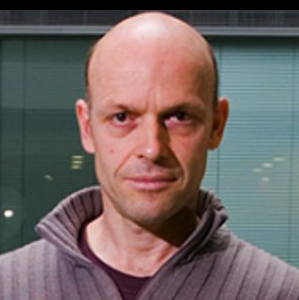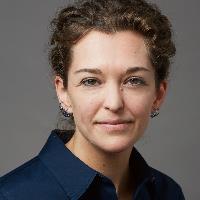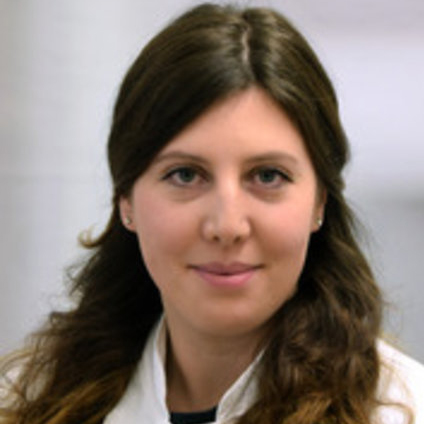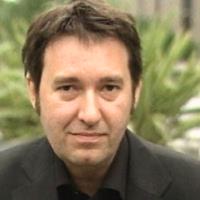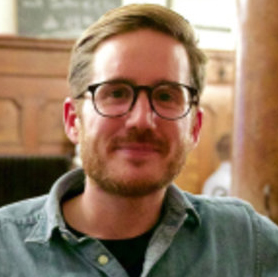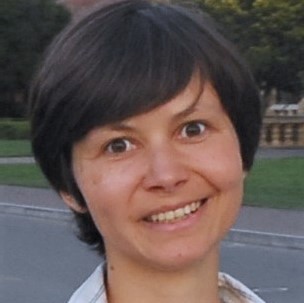CONFERENCE 2020
CONFERENCE 2020
For any questions regarding the coronavirus, please refer to UNIGE recommendations.
Program
Day – 1, Wednesday, February 26, 2020
13:00–14:00 REGISTRATION
13:45–13:45 INTRODUCTION – Alexandre Dayer
13:45–15:45 ATTENTION AND COGNITION – Chair: Pico Caroni
- Collicular Circuits for Executive Control – Carlos Brody
- Mouse-Human Studies of Cognitive Control and Social Cognition – Francesco Papaleo
- The claustrum-medial prefrontal cortex network controls attentional set-shifting – Alan Carleton
- Thalamo-prefrontal interactions in cognition – Christoph Kellendonk
15:45–16:15 COFFEE BREAK
16:15–18:15 NEUROMODULATION AND REINFORCEMENT LEARNING – Chair: Camilla Bellone
- Basal ganglia reward signals and learning – Patricia Janak
- A normative perspective on the diversity of dopamine signals – Naoshige Uchida
- Addiction, a disease of loss or gain of function? – Christian Lüscher
- The effects of mood on learning, attention and memory – Yael Niv
19:00 SPEAKER DINNER AT LA PERLE DU LAC
Day – 2, Thursday, February 27, 2020
08:30–10:00 SENSATION & PERCEPTION – Chair: Anthony Holtmaat
- Circuit alterations behind atypical sensory processing in autism model mice – Carlos Portera-Cailliau
- How does seeing help listening? A role for vision in shaping scene analysis in auditory cortex – Jennifer Bizley
- Precision medicine in Psychiatry: Identification of markers for biological and environmental risk for psychiatric disorders – Gunther Schumann
10:00–10:30 COFFEE BREAK
10:30–12:30 SOCIAL INTERACTIONS AND PREDICTIVE CODING – Chair: Pierre Magistretti
- Circuit solution for flexible features of social vocal communication in the mouse – Lisa Stower
- It’s all about movement: social interactions in the face of threat – Marta Moita
- Neural circuits underlying social motivation – Camilla Bellone
- Sensory Mechanisms of Human Communication – Katharina von Kriegstein
12:30–14:30 POSTERS / LUNCH
14:30–16:30 MICROCIRCUIT DEVELOPMENT AND FUNCTION – Chair: Alexandre Dayer
- Genetic dissection of cortical circuits: from cell types to motor control – Josh Huang
- Molecular programs orchestrating the wiring of cortical inhibitory circuitries in health and disease – Beatriz Rico
- GABAergic contributions to neurodevelopmental disorders – Jessica Cardin
- Sleep as a lens onto thalamocortical circuit dysfunction in schizophrenia – Matt Jones
16:30–17:00 COFFEE BREAK
17:00–18:30 STRESS AND MOOD – Chair: Carmen Sandi
- Emotional states and actions – the contribution of insular cortical circuits – Nadine Gogolla
- Decoding the Locus Coeruleus Noradrenergic System in Stress and Anxiety – Michael Bruchas
- A thalamo-amygdalar circuit underlying the attenuation of remote fear memories – Johannes Graeff
18:30 CONFERENCE COCKTAIL FOR ALL ATTENDEES
Day – 3, Friday, February 28, 2020
09:00–10:30 TRANSLATIONAL PSYCHIATRY – Chair: Kim Do
- Translational machine learning for clinical psychology and psychiatry – Dominik Dwyer
- Hallucinations, Perception, and the Need for Care – Albert Powers
- Short talks Synapsy / IMPRS-TP students:
Paul Klauser (CHUV, Synapsy) – From redox dysregulation to white matter alterations: new perspectives for early detection and intervention in schizophrenia.
Elena Brivio (Max Planck) – Sexually divergent effects of social dominance on chronic stress outcomes in mice
10:30–11:00 COFFEE BREAK
11:00–13:00 TRANSLATIONAL PSYCHIATRY – Chair: Stephan Eliez
- High-functioning autism – Clinical and research aspects – Laura Albantakis
- The NCCR Autism cohort: studying neurodevelopmental trajectories in preschoolers with autism spectrum disorders – Marie Schaer
- Short talks Synapsy / IMPRS-TP students :
Fabrizia Pipicelli (Max Planck) – Modeling neurodevelopmental disorders using human cerebral organoids
Valentina Mancini (UNIGE, Synapsy) – Altered development of synchronization mechanisms underlying sensory processing in 22q11.2 deletion syndrome - The genetic and synaptic heterogeneity in autism from risk to resilience – Thomas Bourgeron
13:00 FAREWELL LIGHT LUNCH
